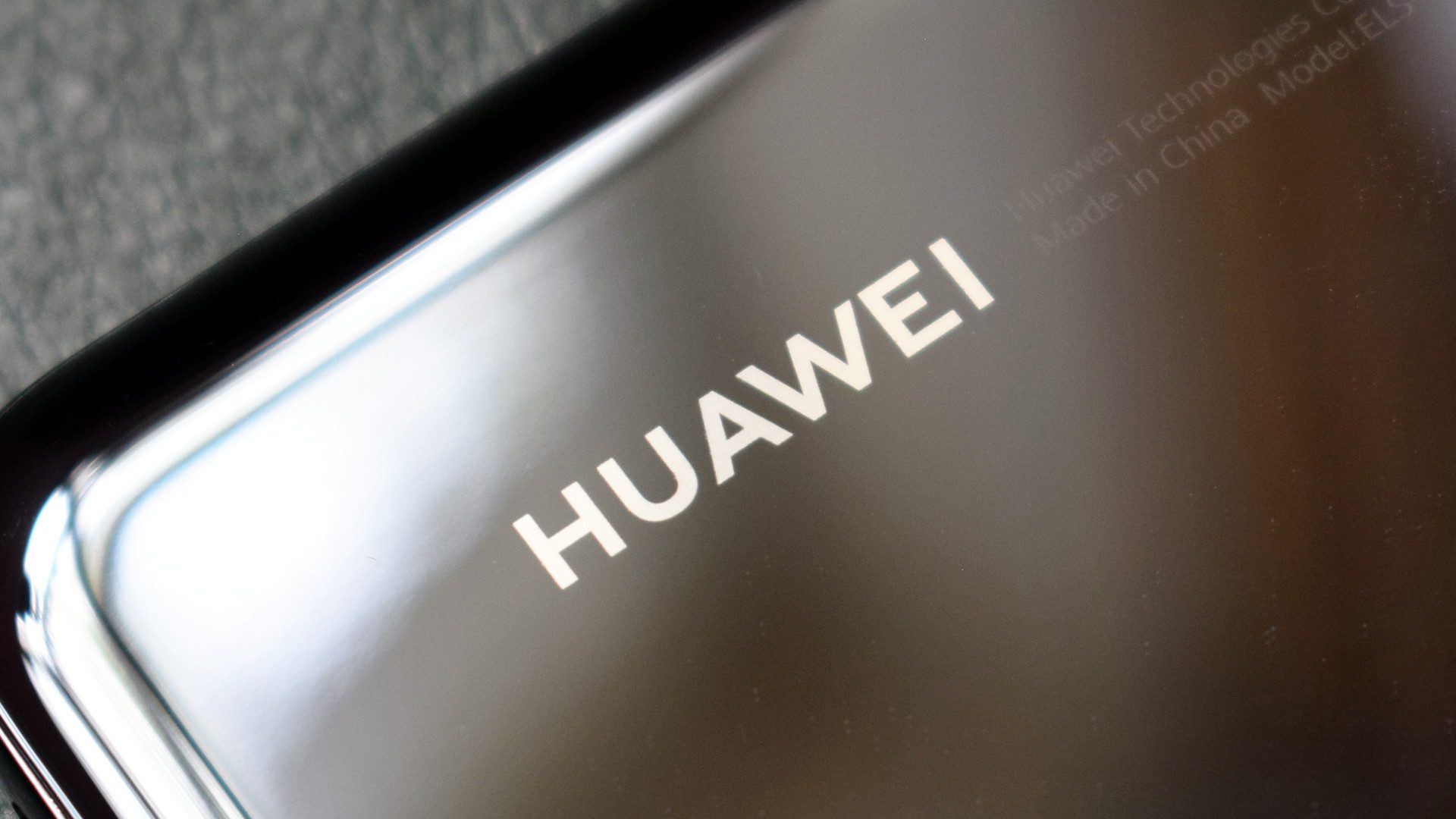The U.S. announced on Tuesday that it has revoked certain licenses allowing companies to ship goods, including chips, to Huawei Technologies, a sanctioned Chinese telecommunications equipment maker.
“Some companies were notified on Tuesday that their licenses were revoked effective immediately,” one source familiar with the matter said.
The revocation follows the recent release of Huawei’s first AI-enabled laptop, the MateBook X Pro, powered by Intel’s new Core Ultra 9 processor. The laptop’s launch drew criticism from Republican lawmakers, who raised concerns about the Commerce Department’s approval for Intel to sell the chip to Huawei.
“We have revoked certain licenses for exports to Huawei,” the Commerce Department stated, without specifying which licenses were withdrawn.
The move, reported by Reuters, follows pressure from Republican China hawks in Congress, urging the Biden administration to take tougher action against Huawei.
Republican Congresswoman Elise Stefanik stated, “This action will bolster U.S. national security, protect American ingenuity, and diminish Communist China’s ability to advance its technology.”
The revocation could impact Huawei, which relies on Intel chips for its laptops, and could also affect U.S. suppliers doing business with the company. Intel declined to comment, and Huawei did not immediately respond to requests for comment.
Huawei was added to a U.S. trade restriction list in 2019 over spying concerns. Suppliers to Huawei have received licenses worth billions of dollars, including controversial authorizations allowing Intel to ship processors to Huawei for its laptops since 2020.
Qualcomm, which received a license in 2020 to sell older 4G chips to Huawei, does not expect more chip revenue from Huawei beyond this year. Qualcomm still licenses its 5G technologies to Huawei, with negotiations underway to renew the deal.
Critics argue that such licenses have contributed to Huawei’s resurgence. Despite U.S. export restrictions, Huawei released a new phone last August powered by a chip from Chinese chipmaker SMIC, leading to a spike in smartphone sales and rapid revenue growth in its smart car component business.
Also Read, Tesla Proposes Robotaxis in China, FSD Approval Awaited
Grayscale Withdraws Proposal for Ethereum Futures ETF Listing
